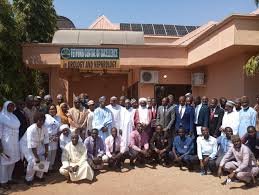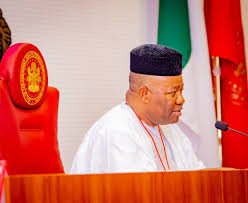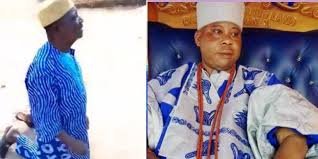The delicate balance of power in West African geopolitics has been disrupted by recent accusations from Niger Republic, which have cast a shadow over the relationships within the Economic Community of West African States (ECOWAS).
Niger Republic, under its military leader General Abdourahamane Tchiani, has alleged that Nigeria and other ECOWAS member states, in collusion with France, are sponsoring terrorist attacks to destabilize the country. These claims, unveiled amidst growing regional tensions, have elicited concern and condemnation.
Specifically, Niger’s authorities have accused Nigeria of involvement in the attack by the Lakurawa terrorist group on the Niger-Benin oil pipeline on December 13 in the Dosso Region
Speaking on the matter, ECOWAS issued a statement on Thursday, categorically rejecting the allegations.
“The Commission of the Economic and West African States (ECOWAS) expresses deep concern over allegations being made against Nigeria and other ECOWAS member states. The Commission stands firmly by Nigeria and ECOWAS member states against allegations that they are sponsoring terrorism,” the statement read.
As one of ECOWAS’s leading members, Nigeria has historically played a critical role in promoting peace and stability in the region. ECOWAS highlighted this legacy, pointing to the successes of the Multinational Joint Task Force (MNJTF), which is led by Nigeria. The MNJTF, a collaborative security framework between Nigeria, Chad, Cameroon, Niger, and Benin, has been instrumental in combating terrorist threats like Boko Haram and the Islamic State West Africa Province (ISWAP).
“For years, Nigeria has supported peace and security of several countries not only in the West African subregion but also on the African continent,” the ECOWAS statement emphasized. “The recent successes recorded by the MNJTF demonstrate the country’s commitment to peace and security across the region.”
Nigeria’s Federal Government was equally unequivocal in its denial of the allegations. Mohammed Idris, the Minister of Information and National Orientation, dismissed the claims as baseless.
“These claims exist solely in the realm of imagination,” Idris stated. “Nigeria has never engaged in any alliance, overt or covert, with France—or any other country—to destabilize Niger Republic.”
This is not the first time Niger’s leadership has expressed suspicions about external interference. Since the coup that ousted President Mohamed Bazoum in July 2023, the country has found itself increasingly isolated, with sanctions imposed by ECOWAS and widespread international condemnation.
Analysts suggest that these recent accusations might be an attempt to deflect internal challenges or solidify nationalist support amidst mounting pressure.
The allegations come at a precarious time for West Africa, a region grappling with political instability, terrorism, and economic hardships. Military coups in Mali, Guinea, Burkina Faso, and Niger have disrupted democratic progress, while terrorist groups continue to exploit governance vacuums. In this volatile environment, mistrust between nations could have far-reaching implications.
ECOWAS, which has been criticized for its limited success in curbing coups and restoring democratic order, is now faced with the task of maintaining unity among its members. It has urged Niger and other states to engage in dialogue rather than escalating tensions through unfounded accusations.
“ECOWAS calls on all states in the region to promote dialogue and stability and refrain from making accusations that are not supported by any evidence,” the regional body stressed.
The mention of France in Niger’s allegations is not incidental. France, a former colonial power with a lingering presence in West Africa, has been at the center of controversies involving its military and economic influence in the region.






















